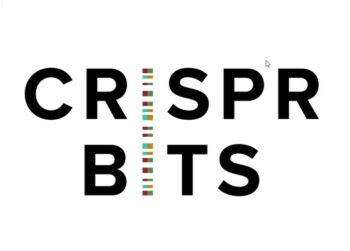PathCrisp-AMR-Carbapenem Resistance detection test
CRISPR based Point-of-care test for 5 carbapenem resistant genes:KPC, NDM, IMP, VIM, and OXA-48 to assist clinicians in informed decision making for Antibiotic therapy at bedside
High specificity and Sensitivity: Detects even single copy
Rapid TAT (60 minutes)
Precisely target the desired DNA sequence – minimize false-positive or false-negative results.
Minimal Equipment-accessible to healthcare providers in a variety of settings, including clinics, field hospitals, PHC etc
Multiple formats e.g. portable devices, point-of-care tests, and lab-based assays.
Eliminates expensive equipment
Lower patient cost, thus allowing more testing, more effective and timely diagnosis
- Microbial diagnostics
- Infection prevention
- Antimicrobial stewardship
- Antimicrobial compound/strategy
- Removal antibiotics/bacteria
Microorganisms:
- Bacteria
- Viruses
- Fungi
- Yeasts
- Parasites
Application:
- Human
- Veterinary
- AgriFood
- Environmental
- Other
Development stage:
- Validation
- Research
- Development
- Market entry
- Marketed product
- Company
- Academia
- Institute
- NGO
- Government
Partnering:
- License
- Co-develop
- Joint Venture
- Outsource
- Sell
Funding organisation:
- OTHER / NA
- CARB-X
- FIND
- GARDP
- REPAIR
Infectious disease area:
- UTI
- STI
- BSI
- RTI
- GII
- SSTI
- CNSI
- IAI
- SSI
Geographic origin:
- Eurasia
- North America
- South America
- Africa
- Oceania
N.A.
CrisprBits is one of the first Indian companies using CRISPR, a breakthrough gene-editing technology, to develop high-quality solutions in the life sciences that all Indians can afford.
We are presently using CRISPR to develop pervasive diagnostics and surveillance tests. We are enabling the application of CRISPR editing to areas addressing critical healthcare needs, such as building the next generation CAR-T cells and disease tissue models from edited induced pluripotent stem cells (iPSCs). Over time, we will apply CRISPR to develop applications in food and fermentation industry that impact climate.
We have developed PathCrisp platform which can be adapted to develop any assay for a wide range of pathogen and human SNPs. Currently we are working on Salmonella detection both in clinical and food setting and detection of Sickle cell anemia in low resource setting which would be genotyping based confirmatory test.
What is going on with AMR?
Stay tuned with remarkable global AMR news and developments!

